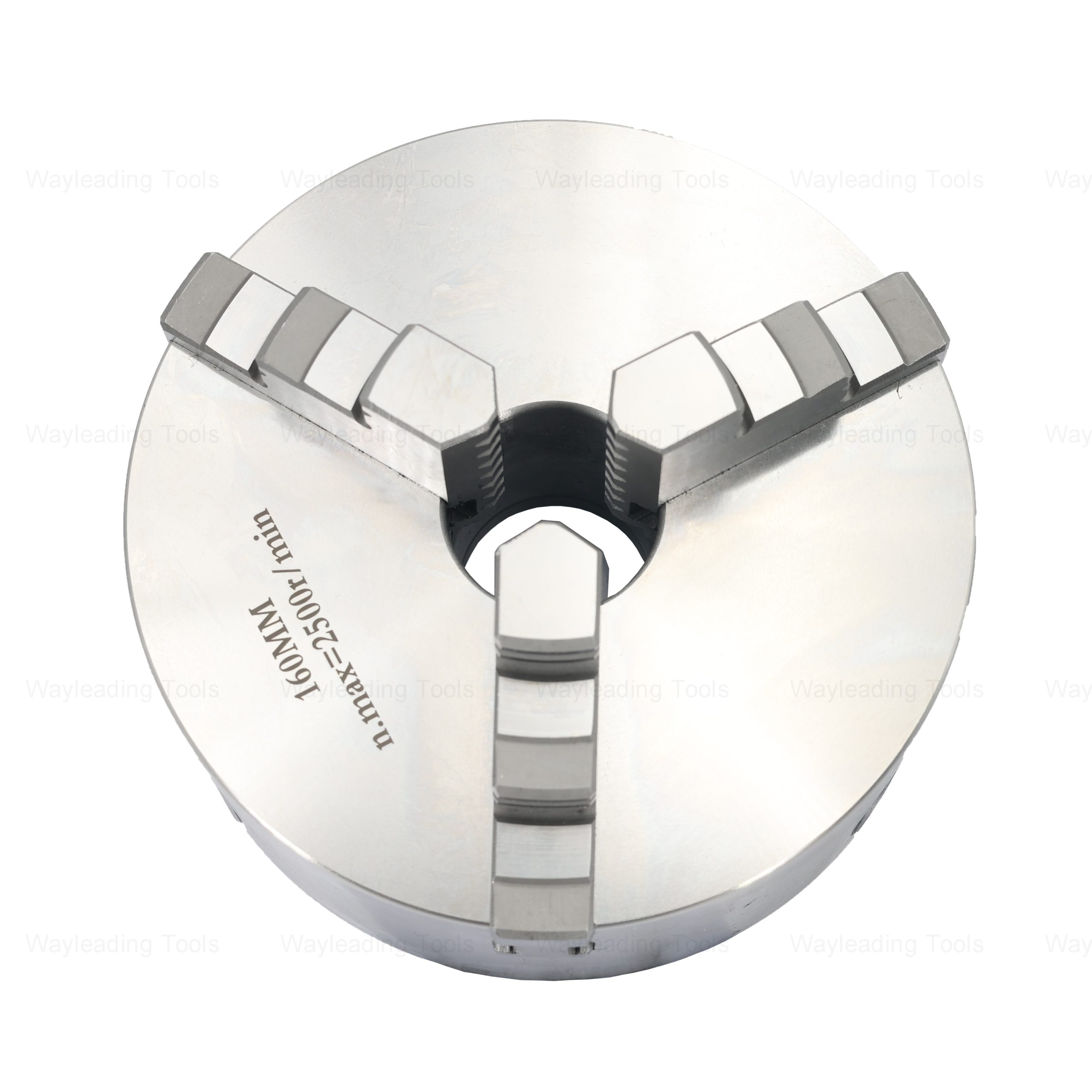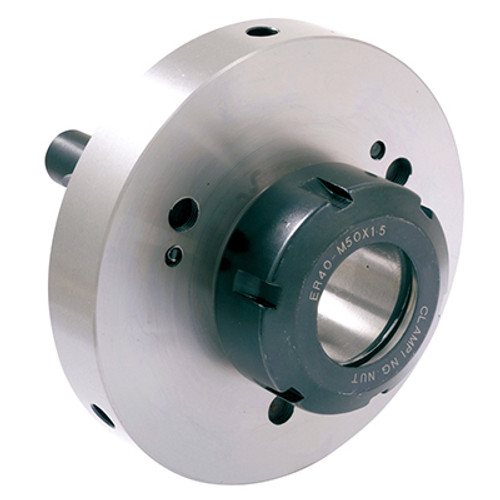Wholesale Keyway Broach
A wholesale keyway broach is a specialized cutting tool used to create keyways, which are grooves in the bore of a hub or the outside of a shaft that allow a key to be inserted, thereby preventing relative rotation between the two parts. Selecting the right broach requires careful consideration of factors like broach type, material, size, and the specific machining application. This guide explores the nuances of wholesale keyway broaches, helping machinists and manufacturers make informed decisions.
Understanding Keyway Broaches
Keyway broaches are precision tools designed for creating internal and external keyways. They are typically used in conjunction with a broaching machine, which provides the necessary force to push or pull the broach through the workpiece. The broach has a series of progressively larger cutting teeth that gradually remove material until the desired keyway size is achieved.
Types of Keyway Broaches
Various types of wholesale keyway broaches cater to different needs. Some common types include:
- Push Broaches: Used in vertical broaching machines, push broaches are pushed through the workpiece. They are suitable for smaller keyways and require a robust machine to handle the compressive forces.
- Pull Broaches: Commonly used in horizontal broaching machines, pull broaches are pulled through the workpiece. They are better suited for longer and larger keyways.
- Solid Broaches: One-piece broaches are strong and accurate, ideal for high-volume production of standard keyways.
- Modular Broaches: These broaches consist of multiple interchangeable inserts, allowing for greater flexibility and cost-effectiveness when machining different keyway sizes.
- Shell Broaches: Similar to modular broaches, shell broaches feature a replaceable shell containing the cutting teeth, mounted on a reusable body. This reduces the overall cost of replacing worn broaches.
Factors to Consider When Choosing a Wholesale Keyway Broach
Selecting the correct wholesale keyway broach is crucial for achieving the desired keyway dimensions, surface finish, and production efficiency. Key factors to consider include:
Material of the Workpiece
The material being machined significantly influences the choice of broach. Softer materials like aluminum and brass require broaches with different geometries and coatings compared to harder materials like steel and titanium. High-speed steel (HSS) broaches are suitable for general-purpose applications, while carbide broaches are preferred for harder materials and high-volume production due to their increased wear resistance.
Keyway Size and Tolerance
The required keyway size and tolerance are critical considerations. Broaches are manufactured to specific dimensions, and it's essential to select a broach that matches the required keyway width and depth. Tight tolerances may necessitate the use of high-precision broaches and careful process control.
Broaching Machine Compatibility
Ensure that the wholesale keyway broach is compatible with the broaching machine being used. This includes verifying the broach shank size, machine stroke length, and pulling/pushing force capacity. Using an incompatible broach can damage the machine or the workpiece, and compromise safety.
Broach Coating
Coatings can significantly improve the performance and lifespan of a wholesale keyway broach. Common coatings include:
- Titanium Nitride (TiN): A general-purpose coating that improves wear resistance and reduces friction.
- Titanium Carbonitride (TiCN): Offers higher hardness and wear resistance than TiN, suitable for machining abrasive materials.
- Aluminum Titanium Nitride (AlTiN): Provides excellent heat resistance and is ideal for high-speed machining of hardened materials.
Supplier Reputation and Quality
Choosing a reputable supplier like Wayleading Tools is essential to ensure the quality and reliability of the wholesale keyway broach. Reputable suppliers offer broaches manufactured to exacting standards, with consistent tooth geometry and material properties. They also provide technical support and assistance with broach selection and application.
Keyway Broach Sizes and Standards
Keyway sizes are often defined by industry standards, such as ANSI (American National Standards Institute) and DIN (Deutsches Institut für Normung). These standards specify the keyway width, depth, and tolerance for various shaft diameters.
Here's a simplified example showcasing some common keyway dimensions (This data is for illustrative purposes only and should not be used for actual machining without verifying against relevant standards.):
| Shaft Diameter (inches) | Keyway Width (inches) |
|---|---|
| 0.625 - 0.750 | 0.1875 |
| 0.750 - 0.875 | 0.1875 |
| 0.875 - 1.000 | 0.250 |
* Always consult relevant ANSI or DIN standards for accurate keyway dimensions.
Maintenance and Care of Wholesale Keyway Broaches
Proper maintenance and care are essential to maximize the lifespan and performance of wholesale keyway broaches. Key practices include:
- Regular Cleaning: Clean the broach after each use to remove chips and debris.
- Proper Lubrication: Use appropriate cutting fluids to reduce friction and heat during broaching.
- Sharpening: Sharpen broaches when they become dull to maintain cutting efficiency and prevent damage to the workpiece.
- Storage: Store broaches in a dry and protected environment to prevent corrosion and damage.
Conclusion
Selecting the appropriate wholesale keyway broach is a critical decision for machinists and manufacturers. By carefully considering factors such as material, keyway size, machine compatibility, and supplier reputation, you can ensure accurate, efficient, and cost-effective keyway broaching operations. Remember to prioritize quality and maintain your broaches properly to maximize their lifespan and performance.
Related products
Related products
Best selling products
Best selling products-
 Partial profile 55° Threading Insert With ER & IR Type
Partial profile 55° Threading Insert With ER & IR Type -
 Precision V Block And Clamps Set With Heavy Duty
Precision V Block And Clamps Set With Heavy Duty -
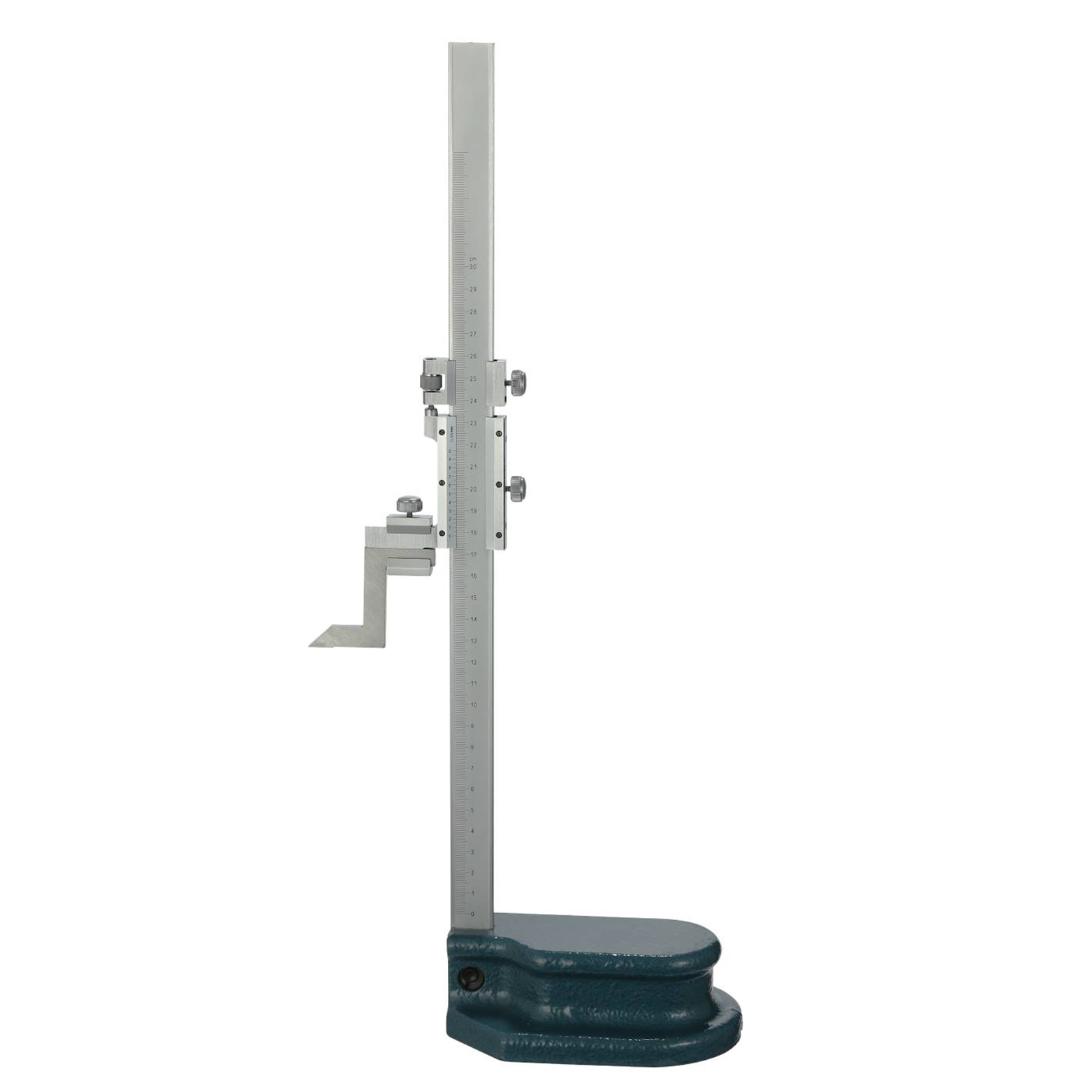 Vernier Height Gauge For Industrial
Vernier Height Gauge For Industrial -
 DIN4971-ISO1 Carbide Tipped Tool Bit With Right And Left Hand
DIN4971-ISO1 Carbide Tipped Tool Bit With Right And Left Hand -
 Precision 2pcs Angle Blocks Set With High Quality Type
Precision 2pcs Angle Blocks Set With High Quality Type -
 MT-APU Drill Chuck Holder With Keyless Type
MT-APU Drill Chuck Holder With Keyless Type -
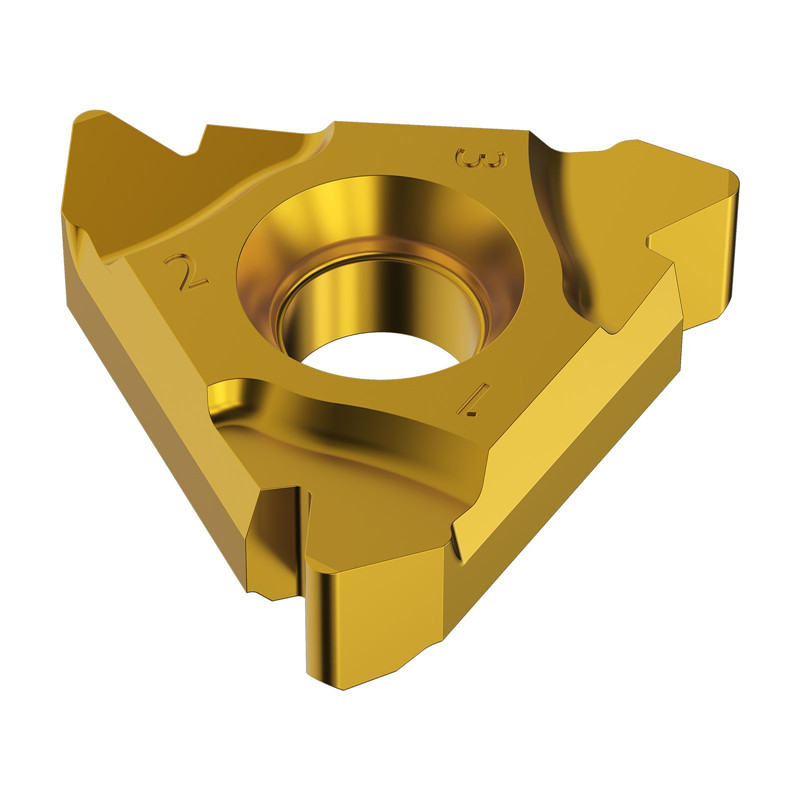 Partial profile 60° Threading Insert With ER & IR Type
Partial profile 60° Threading Insert With ER & IR Type -
 Type A Cylinder Tungsten Carbide Rotary Burr
Type A Cylinder Tungsten Carbide Rotary Burr -
 MT/R8 Shank Quick Change Tapping Chuck With MT & R8 Shank
MT/R8 Shank Quick Change Tapping Chuck With MT & R8 Shank -
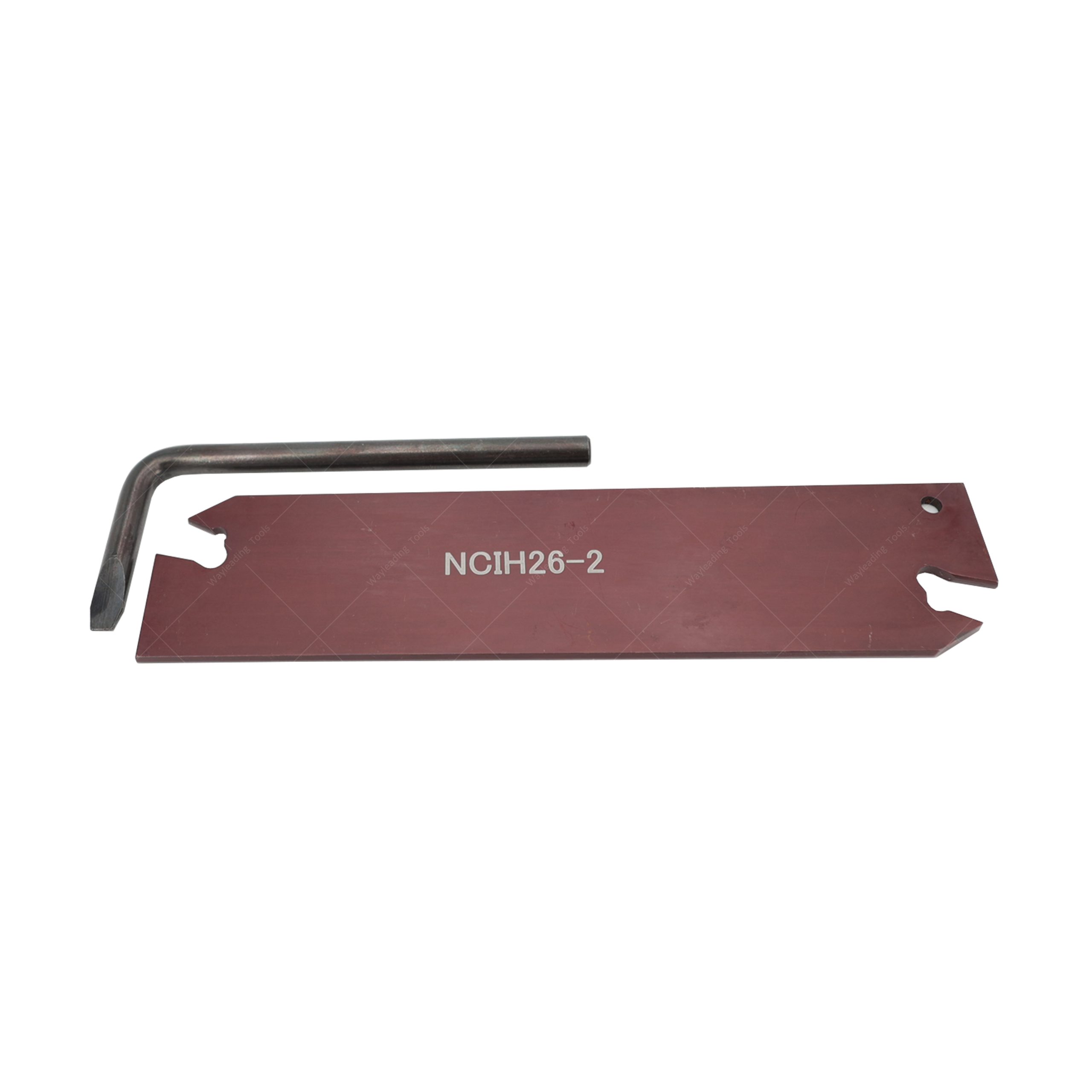 Parting & Grooving Tool Blades For GTN Blades
Parting & Grooving Tool Blades For GTN Blades -
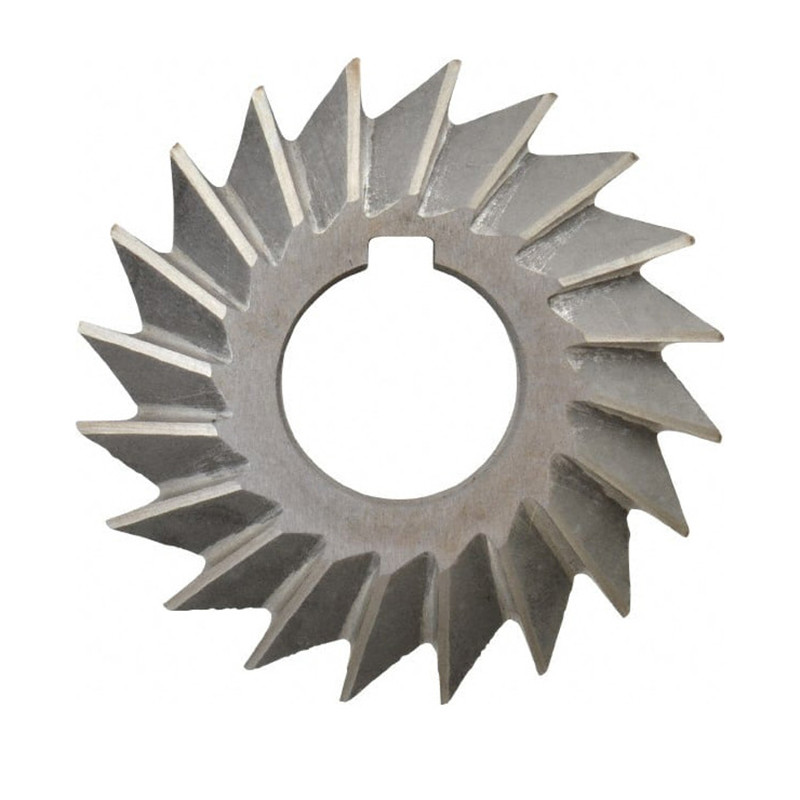 HSS Inch & Metric Single Angle Milling Cutter For Industrial With Bright Or TiN Coated
HSS Inch & Metric Single Angle Milling Cutter For Industrial With Bright Or TiN Coated -
 Precision Monoblock Fine-Adjustment Vernier Caliper Of Metric & Imperial For Industrial
Precision Monoblock Fine-Adjustment Vernier Caliper Of Metric & Imperial For Industrial

